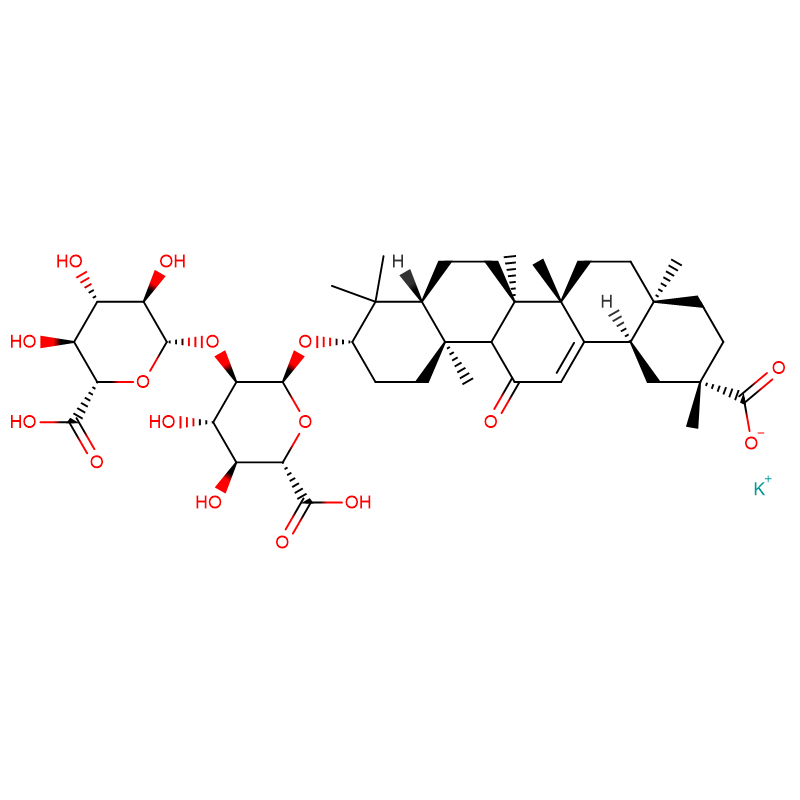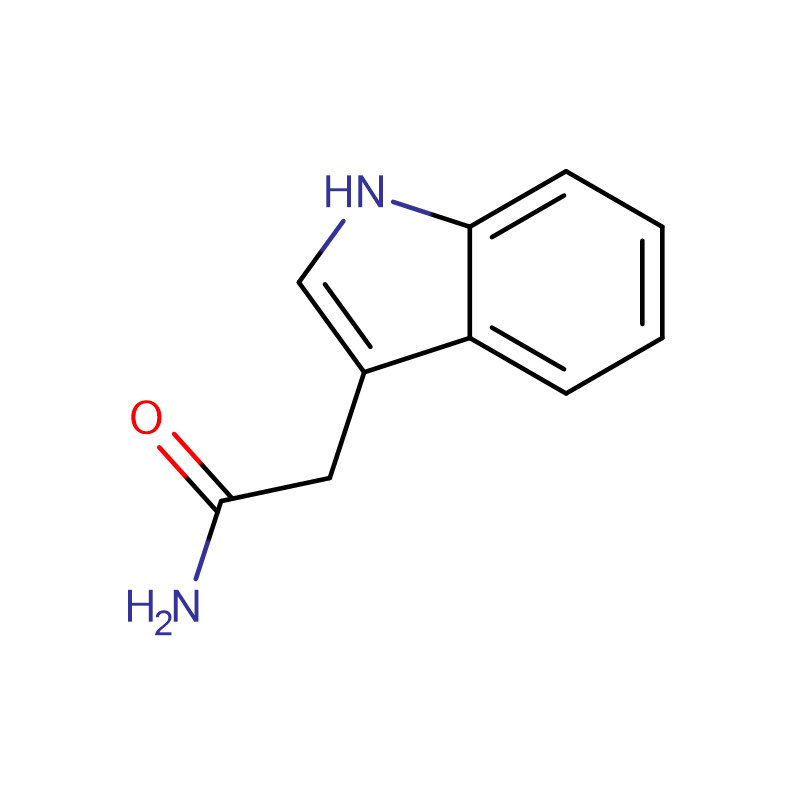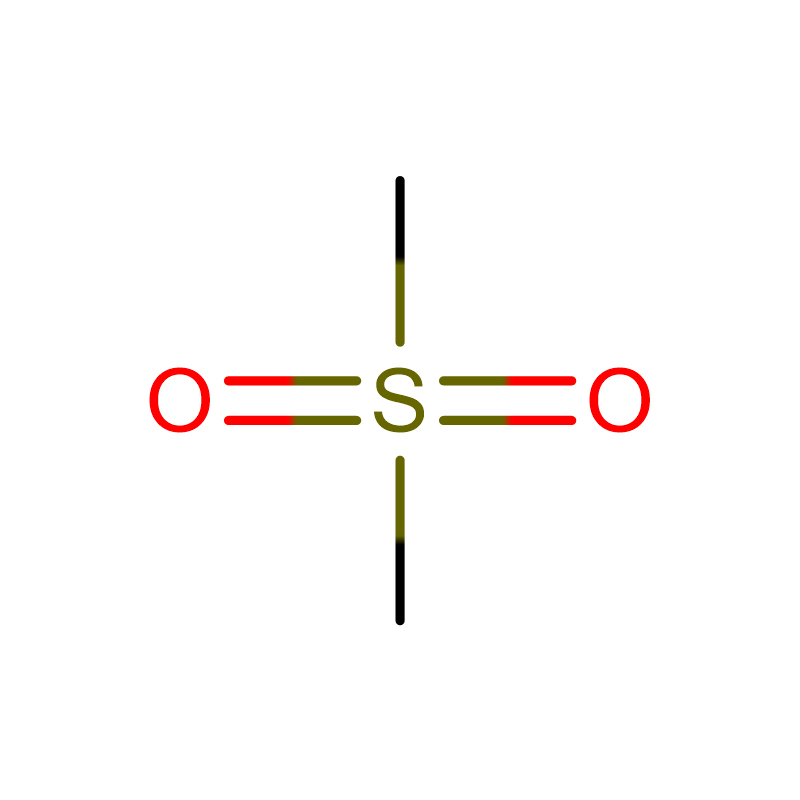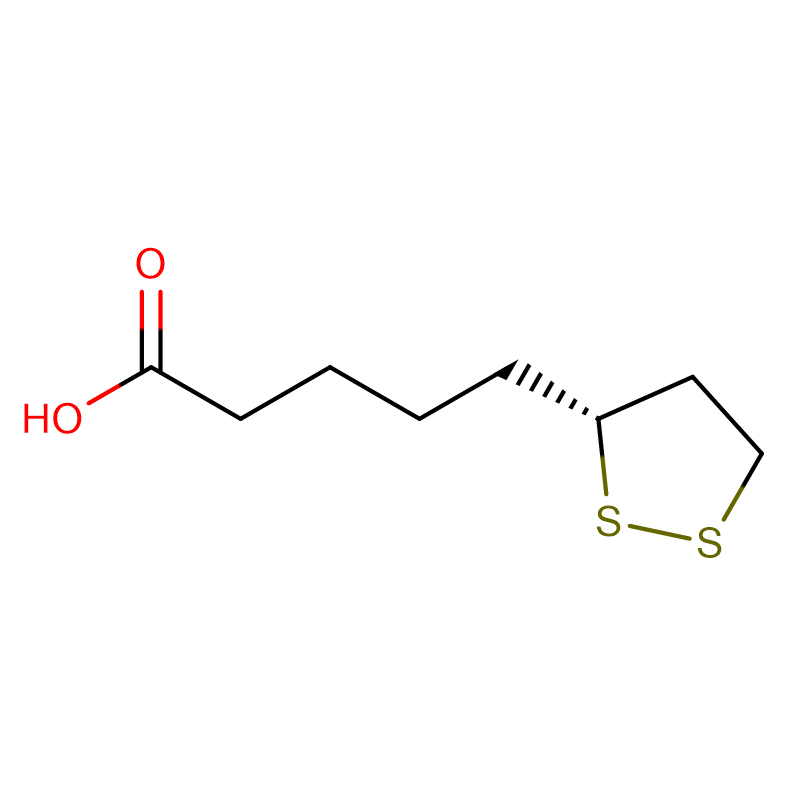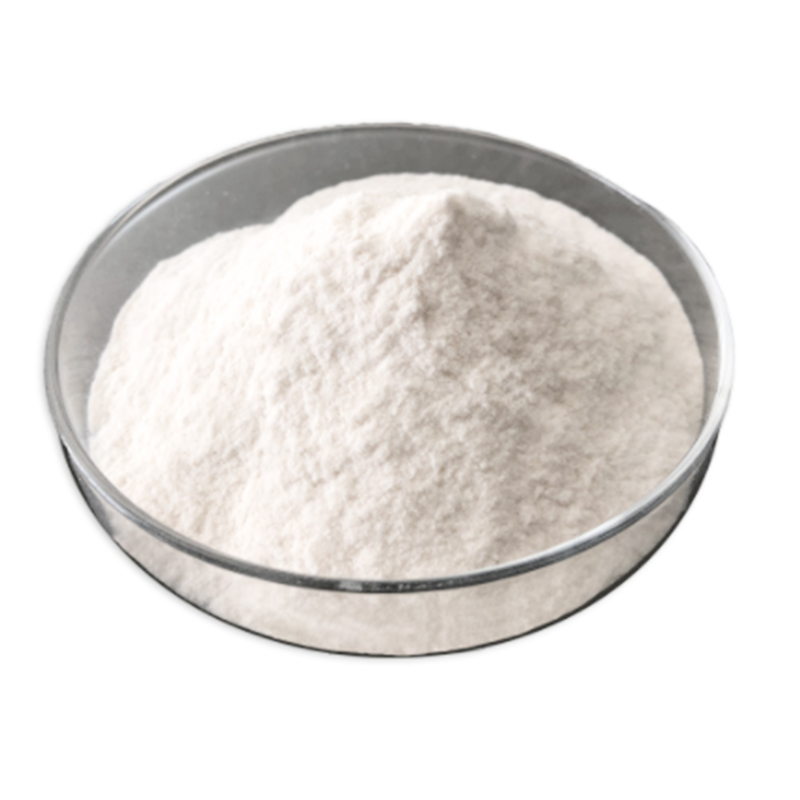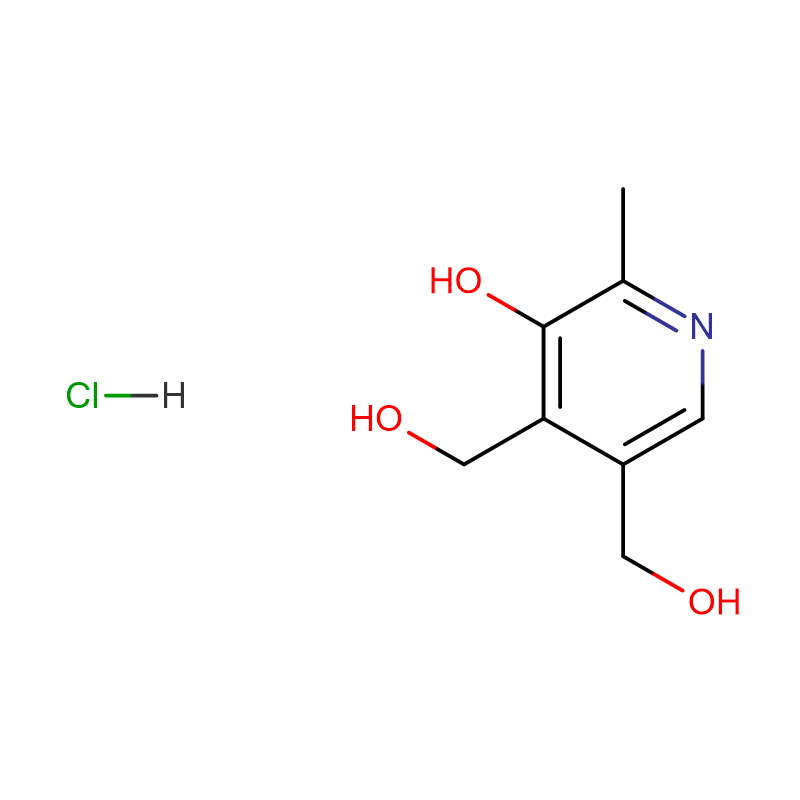Ivermectin Cas: 70288-86-7
| Catalog Number | XD91886 |
| Product Name | Ivermectin |
| CAS | 70288-86-7 |
| Molecular Formula | C48H74O14 |
| Molecular Weight | 875.09 |
| Storage Details | 2-8°C |
| Harmonized Tariff Code | 29322090 |
Product Specification
| Appearance | White powder |
| Assay | 99% min |
| alpha | D +71.5 ± 3° (c = 0.755 in chloroform) |
| RTECS | IH7891500 |
| solubility | H2O: ≤1.0% KF |
| Water Solubility | 4mg/L(temperature not stated) |
Ivermectin (Cardomec, Eqvalan, Ivomec) is a mixtureof 22,23-dihydro derivatives of avermectins B1a and B1bprepared by catalytic hydrogenation. Avermectins aremembers of a family of structurally complex antibioticsproduced by fermentation with a strain of Streptomycesavermitilis. Their discovery resulted from an intensivescreening of cultures for anthelmintic agents from naturalsources. Ivermectin is active in low dosage against awide variety of nematodes and arthropods that parasitizeanimals.
Ivermectin has achieved widespread use in veterinarypractice in the United States and many countries throughoutthe world for the control of endoparasites and ectoparasitesin domestic animals. It has been found effective forthe treatment of onchocerciasis (“river blindness”) in humans, an important disease caused by the roundwormOncocerca volvulus, prevalent in West and Central Africa,the Middle East, and South and Central America.Ivermectin destroys the microfilariae, immature forms ofthe nematode, which create the skin and tissue nodules thatare characteristic of the infestation and can lead to blindness.It also inhibits the release of microfilariae by theadult worms living in the host. Studies on the mechanismof action of ivermectin indicate that it blocks interneuron–motor neuron transmission in nematodes by stimulatingthe release of the inhibitory neurotransmitter GABA.The drug has been made available by the manufacturer ona humanitarian basis to qualified treatment programsthrough the World Health Organization.
Ivermectin has broad-spectrum activity in that it can affect nematodes, insects, and acarine parasites. It is the drug of choice in onchocerciasis and is quite useful in the treatment of other forms of filariasis, strongyloidiasis, ascariasis, loiasis, and cutaneous larva migrans. It is also highly active against various mites. It is the drug of choice in treating humans infected with Onchocerca volvulus, acting as a microfilaricidal drug against the skin-dwelling larvae (microfilaria). Annual treatment can prevent blindness from ocular onchocerciasis. Ivermectin is clearly more effective than diethylcarbamazine in bancroftian filariasis, and it reduces microfilaremia to near zero levels. In brugian filariasis diethylcarbamazine- induced clearance may be superior. It also is used to treat cutaneous larva migrans and disseminated strongyloidiasis. Its safe use in pregnancy has not been fully established.




